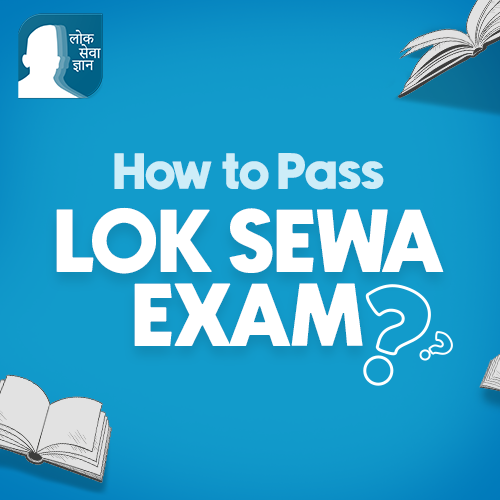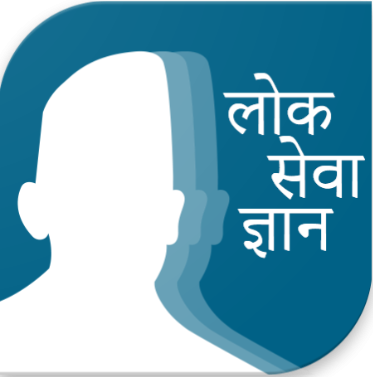
The Lok Sewa Aayog, known as the Public Service Commission (PSC) in Nepal, is a constitutional body. It oversees the recruitment and selection process for civil service positions.
Lok Sewa Aayog was formed after implementing the Civil Service Act in 1951. It was established to ensure individuals’ fair and transparent appointment to various government positions based on merit and qualifications.
If you are an aspirant keen on joining the civil service, read on to understand the marking criteria for the Lok Sewa exams in Nepal.
What is the Passing Mark for the Lok Sewa Exam
One of the critical aspects of Lok Sewa exams is the passing marks.
Understanding the marking for Lok Sewa exams is crucial for aspirants to secure a government position in Nepal. However, the passing mark varies depending on the level and type of examination.
Generally, candidates must achieve a minimum score to qualify for further stages of the recruitment process.
These scores are based on factors such as exam difficulty, the number of vacancies, and candidate categories.
Key insights include,
-
Minimum Qualifying Marks
- It would help if you reach a minimum passing mark to advance in the Lok Sewa exams.
- This mark is usually shown as a percentage of the total marks available in the exam.
- It acts as the starting point for moving on to the following stages in the recruitment process.
- According to the latest available information, this mark is typically 40% for the written examination.
-
Exam-wise Passing Marks
- Variations in passing marks are observed across different Lok Sewa exam stages, including written exams, interviews, and practical assessments.
- Passing marks can differ at various stages of Lok Sewa exams, such as written tests, interviews, and practical assessments.
-
Category-wise Benefits
- There is a hierarchy for specific candidate categories, including general and reserved categories like other backward classes (OBC), scheduled caste (SC), and scheduled tribe (ST).
- The reservation policy underpins the determination of passing marks for each category.
-
Merit-based Selection
- Your chances of getting selected depend a lot on merit.
- It means combining your scores from written exams, interviews, and other evaluations.
- The final decision depends on this overall score combination.
-
Specific Passing Marks
Passing marks can also change according to each examination. For example,
Written Exams:
- General category: 40% to 50%
- Reserved categories: 35% to 45%
Interviews:
- General category: 50% to 60%
- Reserved categories: 45% to 55%
Cumulative Merit for Final Selection:
- General category: 45% to 55%
- Reserved categories: 40% to 50%
Eligibility Criteria for Joining Lok Sewa Aayog
Meanwhile, it is not just about passing marks; your eligibility matters, too. Understanding the eligibility criteria for joining Lok Sewa Aayog is crucial.
Candidates must satisfy these criteria to be eligible to participate in the Lok Sewa exam.
-
Educational Qualifications
- Different positions have specific academic requirements.
- Candidates should have the minimum educational qualifications specified for the particular job category.
-
Age Limit
- Loksewa Aayog has defined age limits for different categories of candidates.
- The age range for Kharidar and Nayab Subba positions is 18 to 35. However, females and the specially-abled can apply for up to 40 years.
- Meanwhile, the minimum age is 18 for non-gazetted roles, and for gazetted positions, it is 21.
-
Citizenship
- Obtaining Nepali citizenship is an absolute requirement; there is no room for negotiation.
- While the general rule is mandatory Nepali citizenship, there may be exceptional cases.
- However, these exceptions are determined by specific government provisions.
-
Application Process
- Candidates need to submit a detailed application form during the specified application period.
- Moreover, the information about candidates should be accurate and complete.
- Even a minor mistake may result in disqualification from the examination process.
Guidance for Lok Sewa Candidates
- Understand the exam pattern and syllabus.
- Focus on strengthening your weak areas.
- Practice solving previous years’ question papers.
- Regularly check Lok Sewa Aayog’s official website for updates and notifications.
- Stay informed about question pattern changes or passing mark regulations.
Conclusion:
Understanding the passing marks for the Lok Sewa exams is vital for aspirants to join the civil service.
Meeting the eligibility criteria and strategically preparing are vital factors to remain competitive.
As the Lok Sewa Aayog periodically updates its rules and regulations, candidates should stay informed and adapt their preparation strategies accordingly.
Best of luck to all the aspiring candidates on their Lok Sewa journey!











